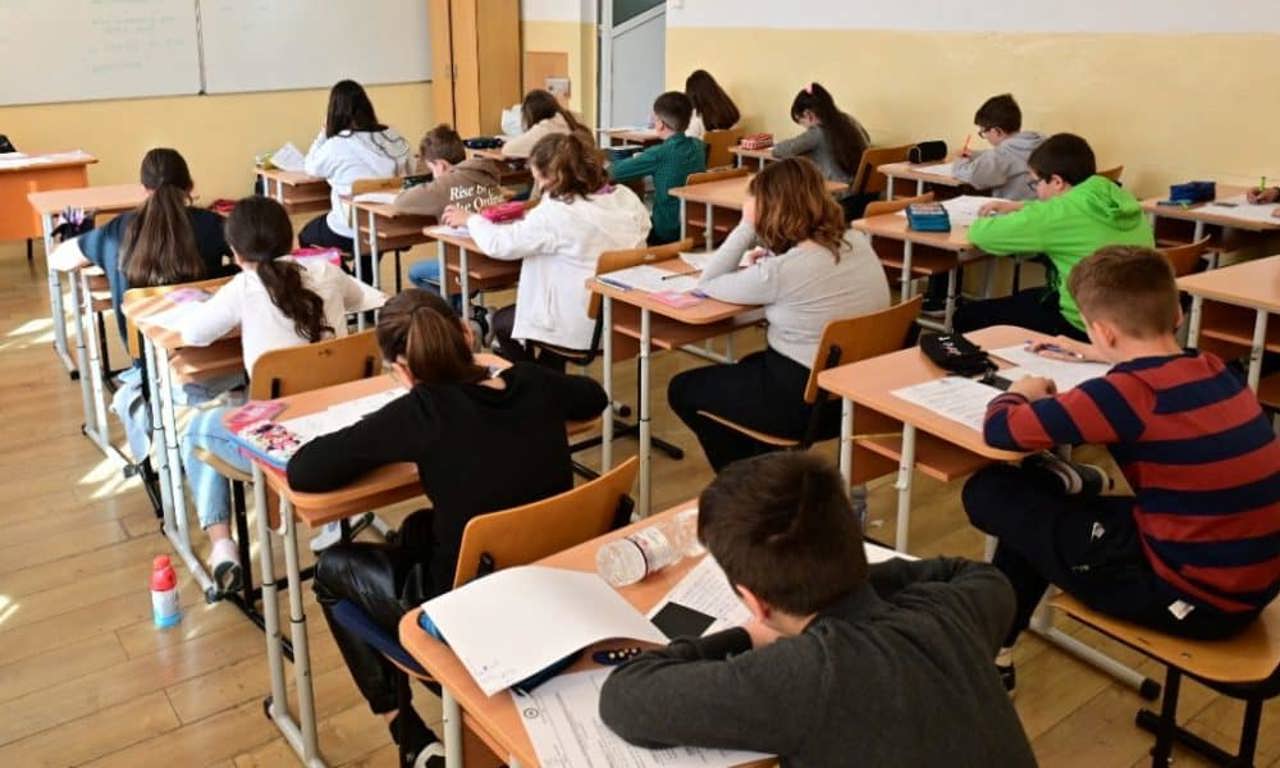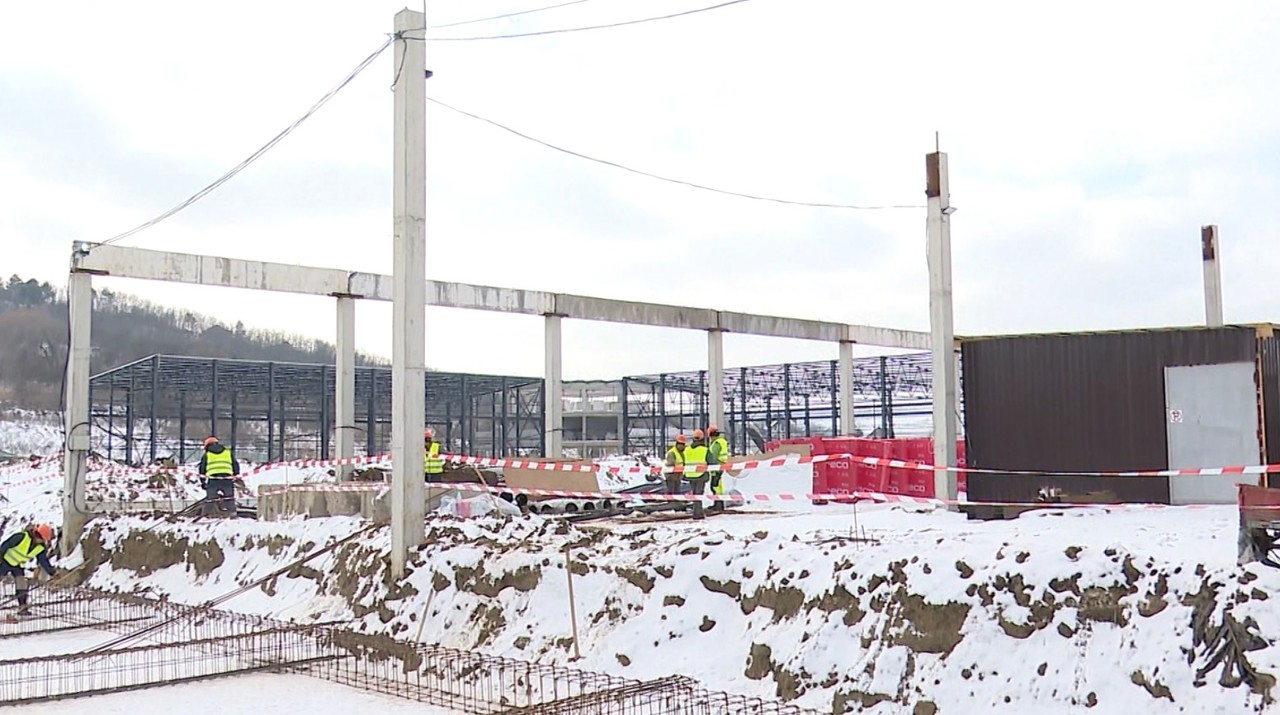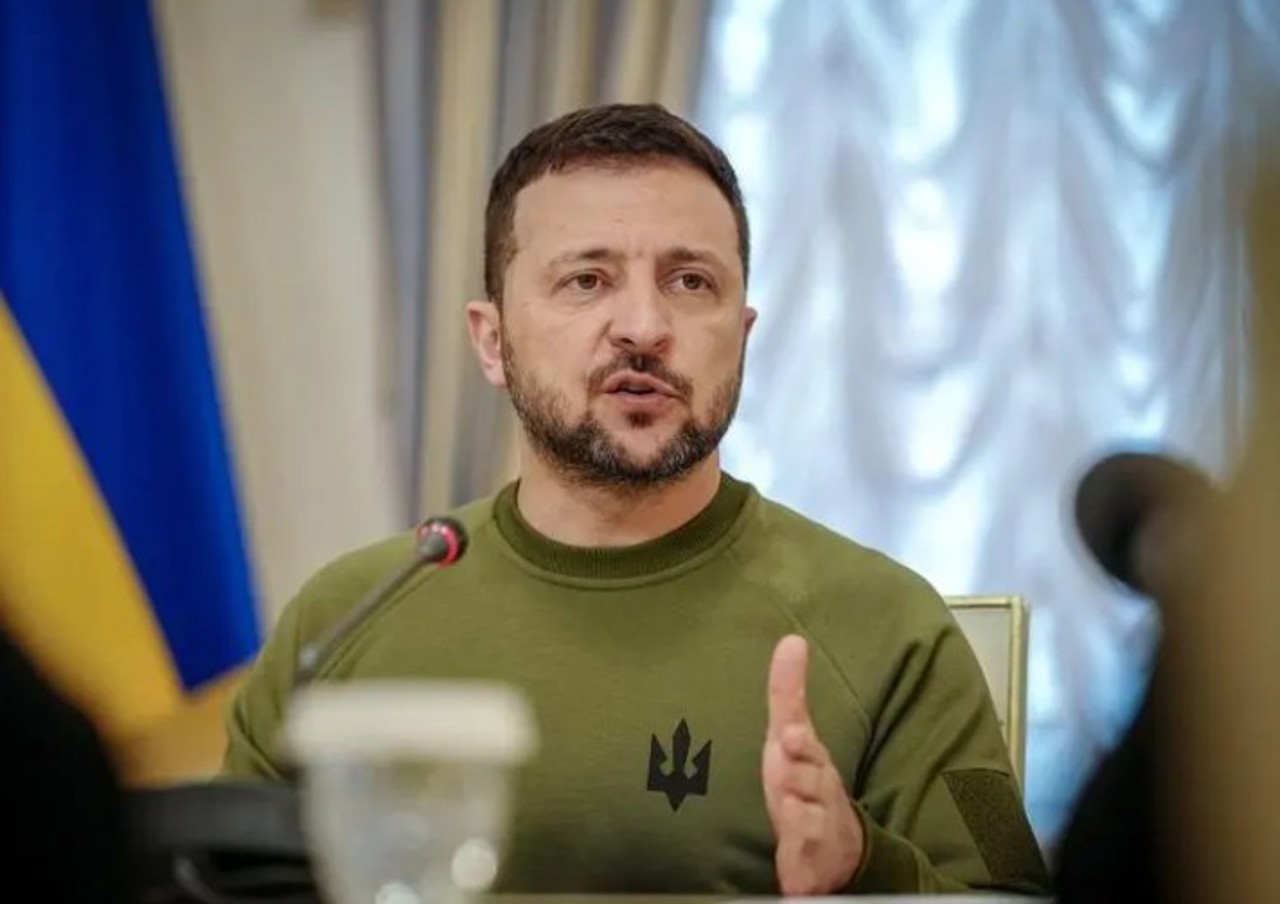Moldova's education: EU standards & key challenges

The screening process conducted last week in Brussels revealed that the Republic of Moldova is steadily aligning with European standards in higher education, largely thanks to the implementation of the Bologna system.
In contrast, general education still requires essential reforms to ensure equitable access, quality, and inclusion, according to representatives of the Ministry of Education and Research.
During the recent screening process in Brussels, the Republic of Moldova presented two essential chapters: Science and Research, and Education, Youth, and Sport. According to Adriana Cazacu, State Secretary at the Ministry of Education and Research, Moldova's higher education system is largely in line with European standards, thanks to the application of the Bologna system for several years.
She explained that based on activity reports and responses provided during presentations, European experts assess the level of compliance and monitor the Chișinău authorities' vision for addressing issues within the educational system.
One proposed reform is the creation of a common inter-university space, similar to European campuses, featuring a unified legal status for all institutions and unique student IDs. However, implementing this model will require a new normative framework and significant investment. Emphasis is also placed on the academic mobility of professors, students, and researchers, who should be encouraged to participate in international projects in mixed teams.
General education reform: Objectives and challenges
State Secretary Valentina Olaru represented the general education system during the screening process. She stated that alignment with the Community acquis in education is currently only partial.
To meet European standards, sustained efforts are needed in several areas: continuous professional development for teaching staff, digitalization of education, integration of environmental themes, expansion of mobility for teachers and students, and ensuring equitable access to education for children from rural areas and those with special educational needs. Additionally, the necessity of improving results in international assessments and adjusting the final student evaluation process was highlighted, ensuring that study programs meet the demands of contemporary society.
Valentina Olaru expressed optimism regarding the implementation of the most important reforms by 2027. Priority objectives include attracting and developing young teaching staff through financial and educational support programs, adapting the curriculum to ecological practices, developing the exam evaluation system, and supporting early childhood education institutions.
An ambitious project involves the development of a network of approximately 95 "model schools," designed to meet inclusion requirements. These schools will be equipped with assistive devices for visually and hearing-impaired children and will feature accessible infrastructure, including access ramps and adapted restrooms. Furthermore, specialists such as educational psychologists and speech therapists will be hired to provide adequate support for children with special needs.
What the experts say
Education expert Anatol Grimalschi believes that aligning with European standards primarily requires a change in mindset. In the European Union, the focus is on meritocracy, competitiveness in research, the application of scientific results in the economy, and professional mobility. In the Republic of Moldova, research funding mechanisms will need to be revised, and teaching staff should be open to teaching in other European institutions, not just where they have spent their entire careers.
In turn, Valentin Lupu, director of the Gymnasium in Filipeni village, Leova district, emphasizes that alignment with European standards would facilitate attracting funding for school modernization, access to European educational programs, and curriculum updates.
He believes that integration into the European community will facilitate student participation in initiatives such as Erasmus+ and enable the adaptation of the school curriculum to current requirements. In his institution, with the support of local and national authorities, projects such as a language lab, interactive whiteboards, and a sensory garden for over 20 students with special educational needs have already been implemented. Moving forward, the school requires energy efficiency improvements and connection to the sewage system.
According to experts, the screening stage is complex and detailed, even surpassing the actual negotiation process, which can only commence after the unanimous approval of member states in the European Council.
Translation by Iurie Tataru






